Asian Acting Icons in Supporting Roles
April 20, 2023 By Go BackTune in this May for a collection of films celebrating the contributions of Asian filmmakers and performers, including three films specially curated by Aram Collier, the Artistic Director of the Toronto Reel Asian Film Festival.
For the first time, the Reel Asian Film Festival, where I’m the artistic director, held an Oscars watch party. When one of our community members asked me why we’d never held one of these parties before I was stumped for a second. Why, on the biggest night for film fans, had we never done anything? I realized though that as an organization that promotes Asian creatives, we’d never really had much occasion to celebrate. Of course, we’re fans of all films from all corners, but this year was a banner year for Asian creatives at the Oscars. From Turning Red, to All That Breathes, to Hong Chau in The Whale, to “Nattu Nattu” from RRR, and EVERYBODY from Everything Everywhere All at Once there was a refreshing recognition of talent. Talent that we’ve known has always existed in our community.
One of my favourite things about Everything Everywhere All at Once was to see actors who had been supporting actors throughout their Hollywood careers get a chance to play and be recognized as lead actors in a film driven by an Asian American director. The narratives of the cast are perfect – Ke Huy Quan’s redemption, Stephanie Hsu unleashed, James Hong as a reminder of cinema’s past, and of course the overwhelming singularity of Michelle Yeoh. It was an amazing achievement and a recognition that the talent was always there, lying in (languished) wait for the opportunity. Opportunity that hopefully will become bountiful and that we vigilantly expect.
I’m excited to highlight three Asian American actors in supporting roles in Hollywood movies. While not lead roles, supporting roles are essential ingredients to the cocktail of a film. A supporting role may not be the straw that stirs the drink, but maybe they are the drink. And they often are the most memorable qualities about a movie that you carry onward from movie to movie, show to show. That when you see them again, they hold a special place in your mind. Everybody knows the stars, but those supporting actors are yours, you have a special place in your mind when you see them again. So, take yourself back to earlier days and imagine how meaningful “representation” was when there were REALLY so few Asian actors on screen. These are some of my favorites.
The Uncle – Victor Wong in Prince of Darkness
May 2 at 9pm ET on HS80
Available on demand in May
Victor Wong imprinted on me from a young age. His face is on the poster of the 1985 Wayne Wang film Dim Sum…A Little Bit of Heart. His wizened and charming face looks straight at the camera, hair slightly unkempt, and a mischievous asymmetrical squinty left eye. If the uptight and conservative Tzi Ma would later be the go-to Asian Dad of supporting actors, Wong was the go-to uncle. He had the look of a guy who had seen some shit (everybody’s got at least one of those uncles). And if you read about Wong’s life, he’d seen a lot more than most of us. Based in Northern California, Wong was a regional TV news reporter, photojournalist, and artist who studied under Mark Rothko. When a bout with Bell’s Palsy paralyzed part of his face he left the news to become an actor in theatre and movies, most notably in Wang’s films of the 80s and 90s, including Dim Sum…A Little Bit of Heart.
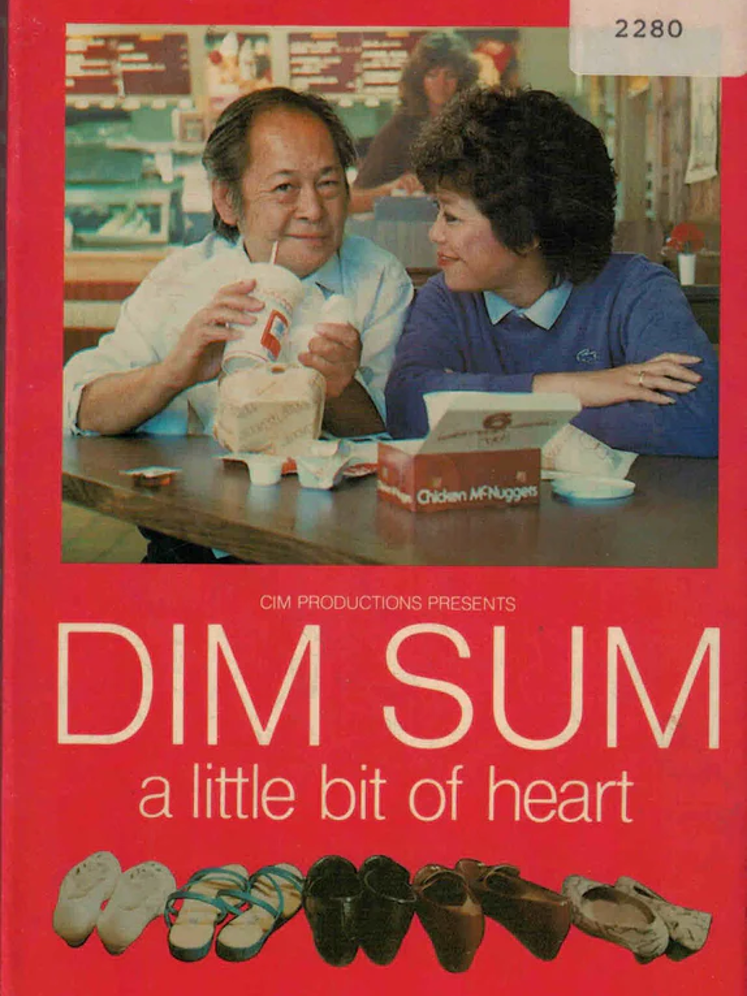
Wong felt like my uncle because the other person in the poster was my aunt, Laureen Chew, the lead actress in the movie, and the poster hung in her house. Its vibrant red background, sans serif titles above an array of shoes, an image of Wong and Chew eating McDonalds – a Big Mac and Chicken McNuggets (I’m more of a Filet O’ Fish guy), all somehow all felt like a familiar snapshot of Chinese American life. Of course it did, it’s “uncle” and “auntie”.
Beyond Wang’s films, Wong played a supporting role in a number of other notable 80’s films, including John Carpenter’s Big Trouble in Little Chinatown and Prince of Darkness. He reputedly got edited out of Bernardo Bertolucci’s The Last Emperor for arguing with the director about the film’s historical authenticity, which is pretty badass and definitely what your uncle would do.
Supporting actors like Wong offer a certain comfort. There was Wong in other films like Tremors, The Golden Child, all four 3 Ninjas movies, certainly not masterpieces and often not great roles but he was there, working, laying tracks, like elders do, for others to go forward.
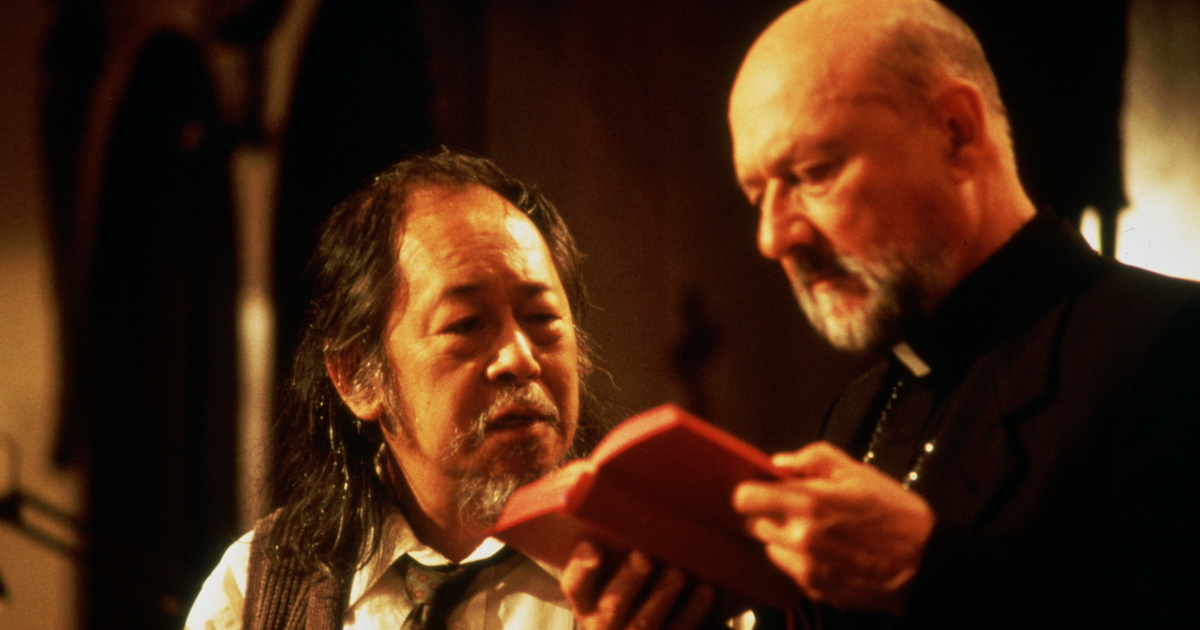
The ‘Secret’ Asian – Lou Diamond Phillips in Young Guns
May 2 at 10:45pm ET on HS80
Available on demand in May
For the young folks out there, Lou Diamond Phillips is a mixed-race actor of Filipino, Scots-Irish and Cherokee descent, and he was a star on the rise in the late 80s. His big breaks came playing Chicanos such as star-crossed rock star Richie Valens in the fantastic La Bamba and cholo gangster Angel Guzman in the film Stand and Deliver (which in the genre of teacher-inspires-kids-that-nobody-else-believes-in, is pretty good!). And then came… Young Guns.
If you’ve never seen Young Guns (and its lesser sequel Young Guns II), it is a western drama and historical biopic about outlaw Billy the Kid and the Regulators who were a gang of gunslingers in a turf war in late 1800’s New Mexico. That’s the plot of the movie. But Young Guns is more like a Boy Band. I mean, look at this:
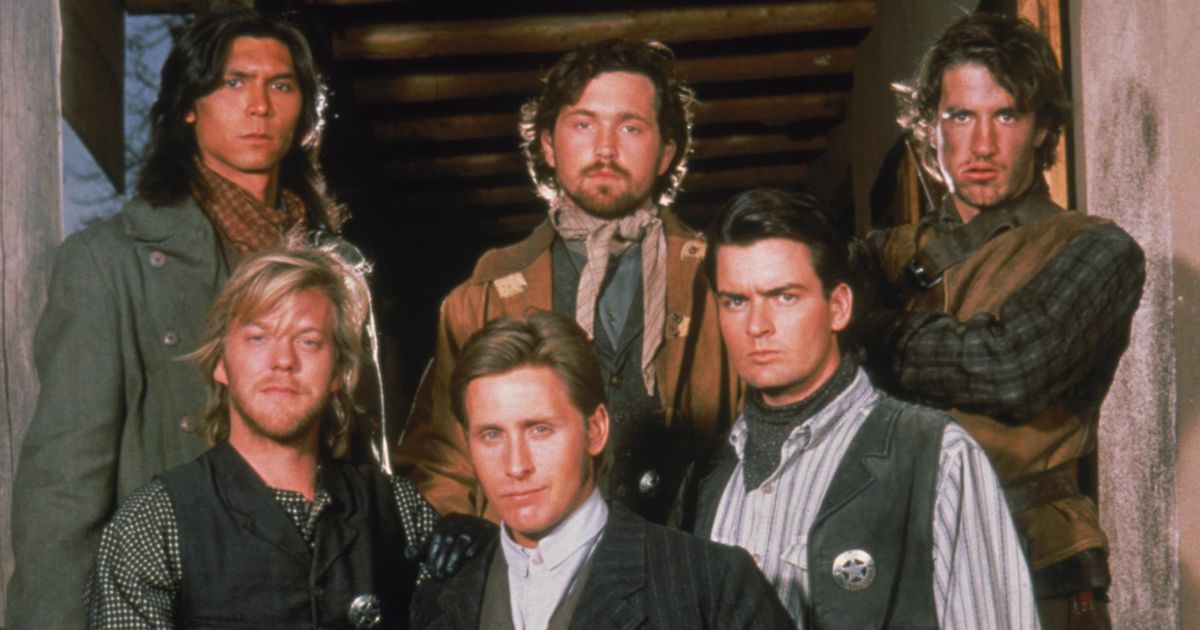
That really could be an album cover. This was 1988 and boy bands were in the air. Everywhere. I was ten when Young Guns came out, my two older sisters were in their early teens, so boy bands were everywhere all at once.
Starring rising young actors of the 80s, Young Guns delivered the goods with its rugged bad boy hotties doing bad things (or “misunderstood” depending on your bias). Phillips played a mixed Mexican/Navajo knife-throwin’, shearling-wearin’ outlaw named Chavez Y Chavez.
My sisters and I had seen Lou Diamond Phillips in La Bamba and Stand and Deliver and we were fans in part because we KNEW he was Asian. He never played Asians mind you… but that was fine, we took what we could get. He was like our secret Asian actor. Just knowing that he was an Asian Trojan horse was (almost) better. For three mixed Asian kids in the 80s it was a knowing wink. But thinking back, HOW did we know he was Filipino? This was 1988 and we didn’t have the internet. It is difficult to fathom finding information in that time, those dark ages. But we had our sources. Print journalism. It may have been in Asian Week, the weekly “voice of Asian America” newspaper my parents subscribed to which mostly covered current affairs but had an arts and entertainment section that I frequently read and that always was on the hunt for stories on Asian Americans in the industry. But really, if I’m examining evidence, it was probably in Teen Beat, Tiger Beat, or Bop, those 80s teen and tween magazine print journalism giants … Never underestimate motivated teenage sisters on the hunt for hottie content.
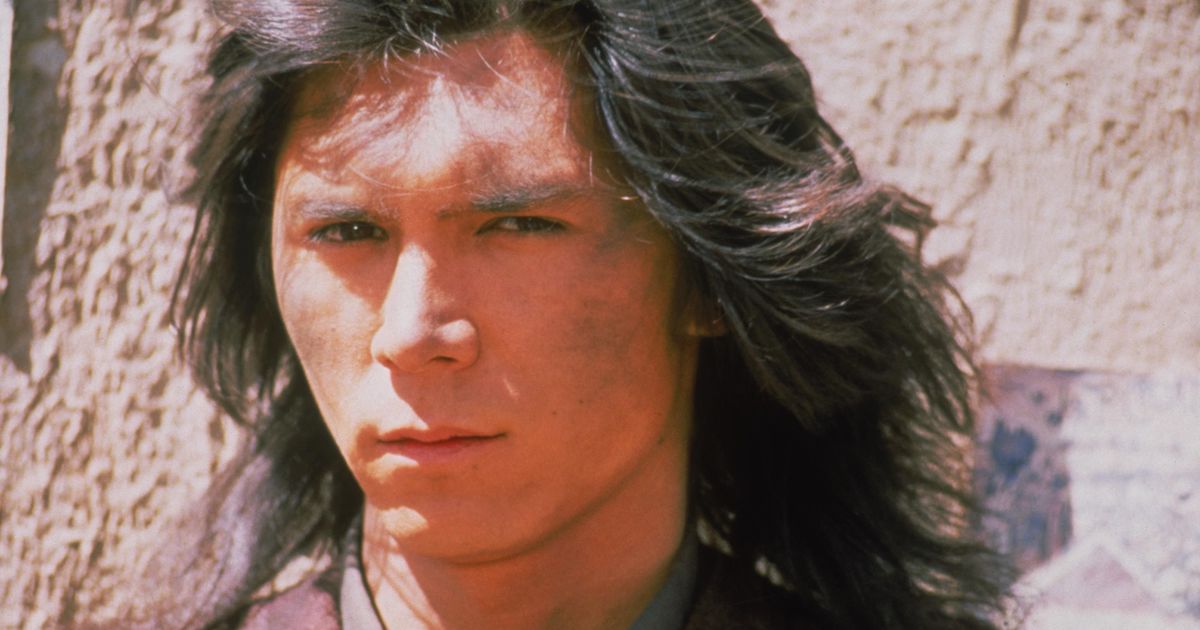
The Yeun-inverse – Steven Yeun in Sorry to Bother You
May 2 at 12:35am ET on HS00
Available on demand in May
If we’re talking about supporting actors, let’s talk about Steven Yeun, one of our finest actors today. Of course, he’s shined in lead parts in Minari and most recently Beef, but he’s been so memorable in such diverse support roles as Burning, Nope, and Sorry to Bother You to name a few (not to mention his frequent and hilarious appearances as Conan O’ Brien’s straight man muse).
In Boots Riley’s 2018 satire Sorry to Bother You Yeun plays Squeeze, a charismatic union organizer undermining an evil mega-corporation from the inside. It’s a pretty straight role in a movie full of wild twists and imaginative swings but Yeun stands out in his rootedness in reality. Yeun as the handsome moustachioed activist Squeeze is like so many Asian American men I knew growing up in the San Francisco Bay Area, grounded and charming, especially those from the East Bay. Undoubtedly, Riley’s own Oakland background allowed him to create a character so otherwise elusive onscreen. And Yeun fills it with his own memorable spark.
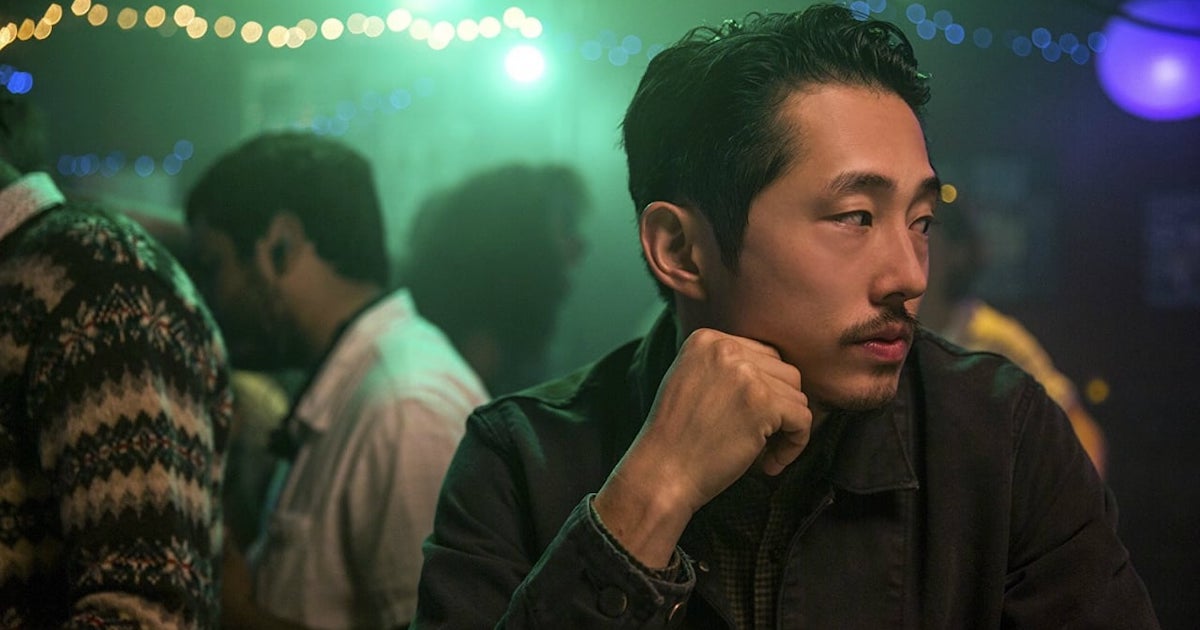
Yeun’s choices of supporting roles are so diverse and exciting, working with auteurs like Bong Joon-ho, Lee Chang-dong and Jordan Peele, they’re like awesome distant planets that comprise the Steven Yeun-iverse. ***Spoiler Alert*** – I have this Steven Yeun fan fiction theory that Jupe survived in Nope and became Ben from Burning. Both rich and mysterious, Ben finishes what Jupe started as the master of suppressing his past.
Stars burn bright but the constellation of wide-ranging roles in the Yeun-inverse are more interesting to see. And just like our own, the Steven Yeun-iverse is expanding and I can’t wait to see where it goes next.
So while we celebrate the recent victories of Asian actors, let us remember some of the forebearers that may not have had the same opportunities for lead roles, who took on supporting roles, and were the breadcrumbs of hope leading to our relative bounty of representation.
Aram is a filmmaker, educator, and film festival programmer. He is currently the Artistic Director at the Toronto Reel Asian International Film Festival. His feature, documentary, and experimental films have played festivals across North America and internationally. Aram is a mixed-race Asian Canadian/American (Chinese and English/Dutch/German) originally from San Francisco native and is now based in Toronto, Canada.








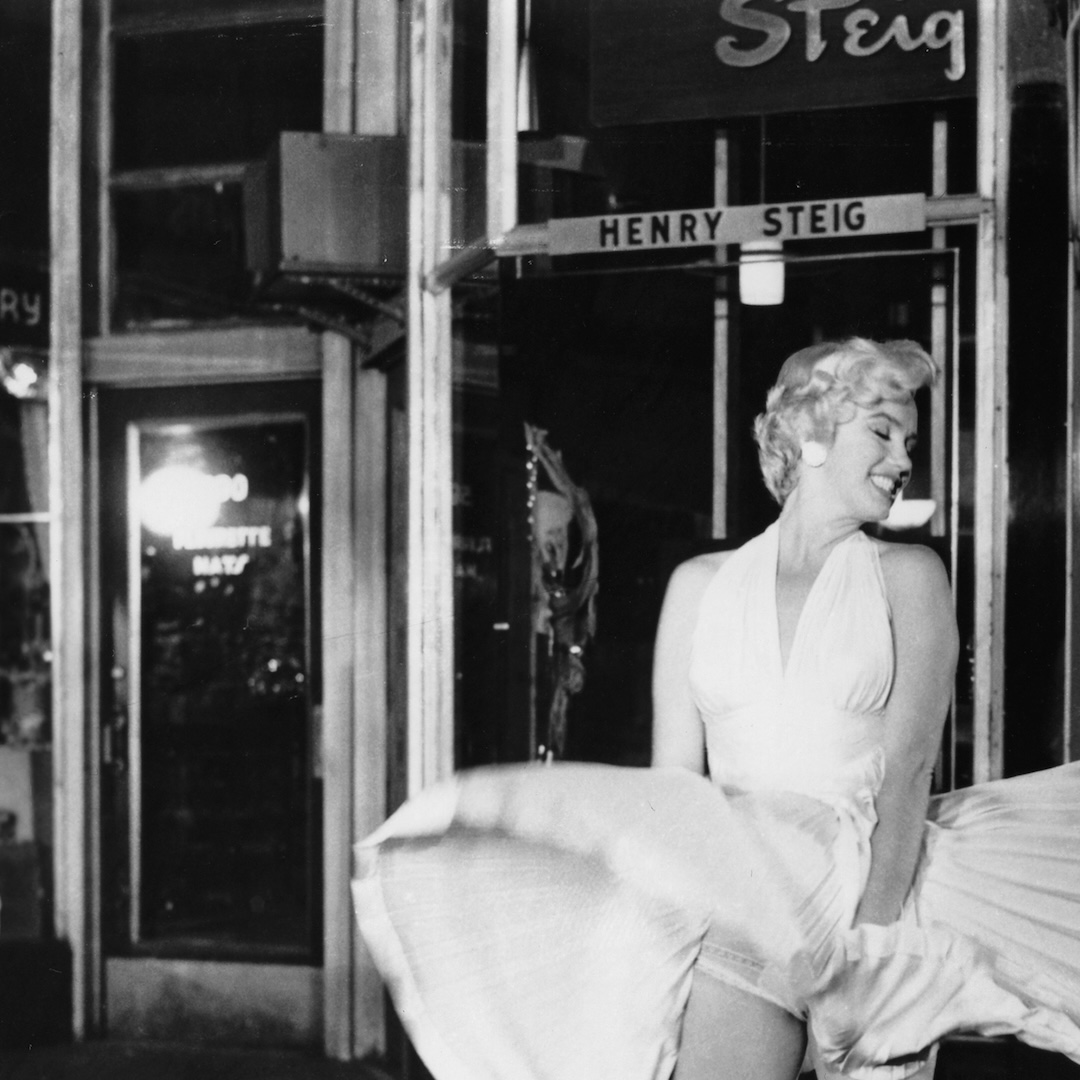

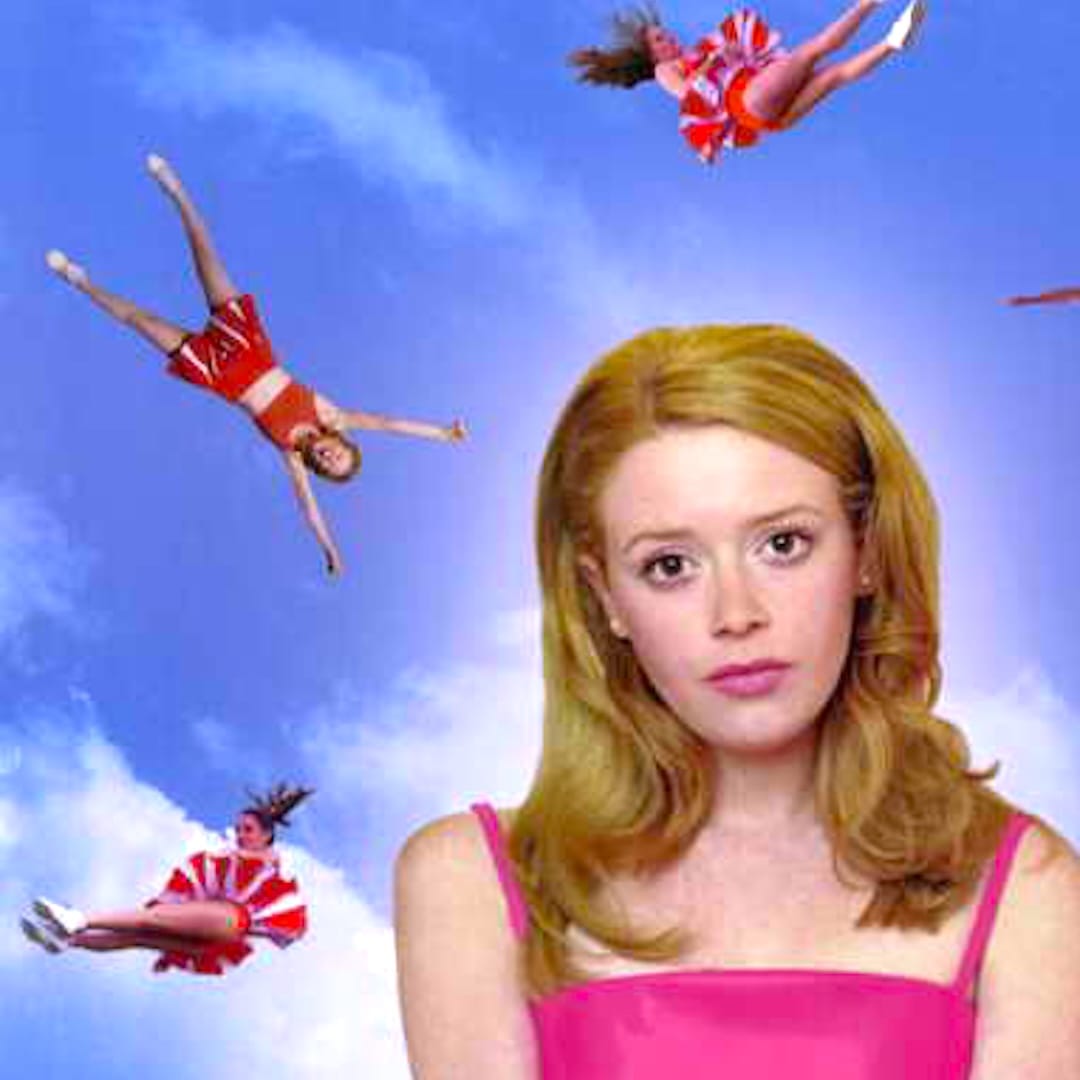
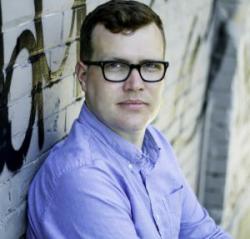
 Follow us on Instagram
Follow us on Instagram